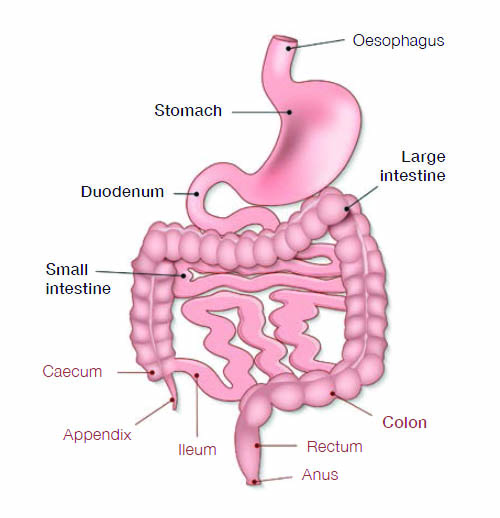What are Hepato-Pancreato-Biliary (HPB) Cancers?
Hepato-Pancreato-Biliary (HPB) cancer is a term for the group of cancers that affect the liver, pancreas and biliary system. These include:
- Primary liver cancer (cancer that starts in the liver)
- Secondary liver cancer (metastatic cancer; cancer which started in another part of the body and has spread to the liver)
- Pancreatic cancer
- Bile duct cancer (cholangiocarcinoma)
- GI neuroendocrine tumours
- Gall bladder cancer
Pancreatic cancer is the 11th most common cancer in the UK, accounting for 3% of all new cancer cases. There are around 9,800 new pancreatic cancer cases in the UK every year, that’s 27 every day. Approximately 80% of patients are inoperable at presentation. Of the remaining 20% only a quarter (i.e. 5% of the total) will be long-term survivors.
At least a third of patients who develop bowel cancer go on to develop secondary liver cancer. This means that each day, 40 people somewhere in the UK will be diagnosed with secondary liver cancer arising from the large intestine.



